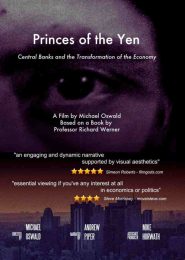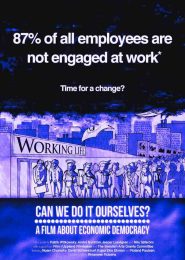How Capitalism is Killing Itself (2016)
In the thought-provoking documentary How Capitalism is Killing Itself, produced by the acclaimed series The Empire Files, viewers are confronted with the stark realities of our current capitalist system. Released in 2016, this powerful film delves into the heart of economic structures, exposing the inherent flaws that perpetuate inequality and exploitation.
Key Themes and Insights:
- Marxist Lens: The documentary dissects the tenets of Marx’s economic principles, which were largely born out of a humanist philosophy. By examining capitalism through this critical lens, the film sheds light on the contradictions and inherent tensions within the system.
- Inequality: The film unflinchingly portrays the widening gap between the haves and the have-nots. It highlights how capitalism, rather than being a force for equal opportunity, exacerbates disparities in wealth, education, and access to resources.
- Exploitation: Through compelling interviews and real-world examples, How Capitalism is Killing Itself exposes the mechanisms of exploitation. From sweatshops to corporate greed, the film reveals how profit-driven motives often come at the expense of workers’ rights and dignity.
- Environmental Impact: Capitalism’s relentless pursuit of growth and profit has severe consequences for our planet. The documentary explores how environmental degradation, resource depletion, and climate change are direct outcomes of this economic model.
- Alternatives: While critiquing capitalism, the film also raises questions about alternatives. It prompts viewers to consider alternative economic systems, such as socialism or cooperative models, that prioritize collective well-being over individual accumulation.
The documentary invites viewers to engage with critical questions: Is capitalism sustainable? Can it address the pressing challenges of our time? What role can individuals play in shaping a more just and equitable world? How Capitalism is Killing Itself remains relevant today, as global conversations around economic justice, wealth distribution, and environmental stewardship continue to gain momentum.




